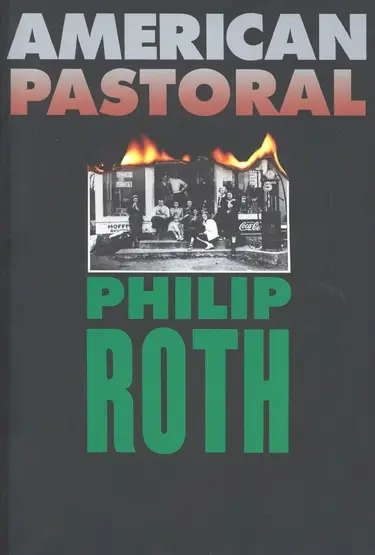American Pastoral

American Pastoral centers around Seymour "Swede" Levov, a successful Jewish-American businessman and former star athlete. Swede seemingly embodies the American Dream, with a beautiful wife named Dawn and a daughter named Merry. However, the tranquil façade of Swede's life is shattered when Merry becomes involved in radical political activities during the 1960s.
Merry, fueled by her anger and disillusionment with society, becomes a member of the Weather Underground, a violent revolutionary group. She plants a bomb that kills an innocent bystander and goes into hiding. This act of violence sends shockwaves through Swede's life. It forces him to confront the harsh realities of the world around him.
Swede desperately searches for Merry trying to understand how his daughter could have turned to extremism. He grapples with his own identity and the disintegration of his cherished American Dream. American Pastoral delves into themes of identity, idealism, and the complexities of family dynamics.
Through Swede's journey, Roth explores the social and political turmoil of the 1960s. He raises questions about the nature of innocence, guilt, and the impact of radical ideologies on individuals and society. The narrative also reflects on the changing landscape of America. Traditional values and social structures give way to a more fragmented and uncertain reality.